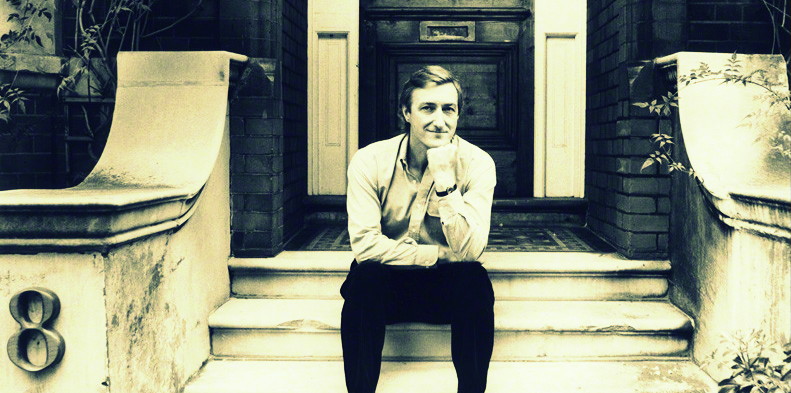INTERVIEWER
You are very European, which is unusual for an English writer, but also very English, especially to a foreigner. In France, for example, they think of you as quintessentially English. Where do you place yourself?
JULIAN BARNES
I think you are right. In Britain I’m sometimes regarded as a suspiciously Europeanized writer, who has this rather dubious French influence. But if you try that line in Europe, especially in France, they say, Oh, no! You’re so English! I think I’m probably anchored somewhere in the Channel.
INTERVIEWER
Sartre wrote an essay called “Qu’est-ce que la littérature?” What is literature for you?
BARNES
There are many answers to that question. The shortest is that it’s the best way of telling the truth; it’s a process of producing grand, beautiful, well-ordered lies that tell more truth than any assemblage of facts. Beyond that, literature is many things, such as delight in, and play with, language; also, a curiously intimate way of communicating with people whom you will never meet. And being a writer gives you a sense of historical community, which I feel rather weakly as a normal social being living in early twenty-first-century Britain. For example, I don’t feel any particular ties with the world of Queen Victoria, or the participants of the Civil War or the Wars of the Roses, but I do feel a very particular tie to various writers and artists who are contemporaneous with those periods and events.
INTERVIEWER
What do you mean by “telling the truth”?
BARNES
I think a great book—leaving aside other qualities such as narrative power, characterization, style, and so on—is a book that describes the world in a way that has not been done before; and that is recognized by those who read it as telling new truths—about society or the way in which emotional lives are led, or both—such truths having not been previously available, certainly not from official records or government documents, or from journalism or television. For example, even people who condemned Madame Bovary, who thought that it ought to be banned, recognized the truth of the portrait of that sort of woman, in that sort of society, which they had never encountered before in literature. That is why the novel was so dangerous. I do think that there is this central, groundbreaking veracity in literature, which is part of its grandeur. Obviously it varies according to the society. In an oppressive society the truth-telling nature of literature is of a different order, and sometimes valued more highly than other elements in a work of art.
INTERVIEWER
Literature, then, can take a lot of forms—essays, poetry, fiction, journalism, all of which endeavor to tell the truth. You already were a very good essayist and journalist before you started to write fiction. Why did you choose fiction?
BARNES
Well, to be honest I think I tell less truth when I write journalism than when I write fiction. I practice both those media, and I enjoy both, but to put it crudely, when you are writing journalism your task is to simplify the world and render it comprehensible in one reading; whereas when you are writing fiction your task is to reflect the fullest complications of the world, to say things that are not as straightforward as might be understood from reading my journalism and to produce something that you hope will reveal further layers of truth on a second reading.
(…)
Interview with Julian Barnes
In the Paris Review


